Christ in a Corset at Comic Con
Brad Fruhauff
 N.B.: Follow links at your own discretion; some content may be unsuitable for work or children.
N.B.: Follow links at your own discretion; some content may be unsuitable for work or children.
My boys were enthralled with playing Super Smash Bros. on an old Nintendo 64, so they didn’t notice the black-bearded man in the long, bleach-blond wig, white halter, cape, and white g-string pulled up over his basketball shorts (imagine a dude in this). It was my third Comic Con, so I knew to expect a range of costumes and costume quality, but this was the first where I noticed the cross-dressing cosplay they call “crossplay.”
If you go to Comic Con, you’re going to see some stuff, and it will teach you something about how you see—especially as a male. Imagine if every fifth woman you saw was squeezed into Harley Quinn spandex or Catwoman leather or some suit that projected her bared chest out for the world to admire. One needs to watch one’s thoughts.
There were impressive male costumes, too, like Captain America, Mr. Freeze, or Cardinals Iron Man. And there were playful, elaborate costumes like the Charizard with extendable wings or the 8-foot-tall, Ewok-piloted AT-ST with articulating legs, or even the girl in the BB-8 dress on white and orange roller skates—not to mention any number of winged, intubated, or grotesque characters I didn’t know.
I’m ambivalent about taking my young boys—four and seven—into these situations. Most of the time they don’t seem to notice the more unusual or “adult” costumes since they are distracted with the Pokémon and Storm Troopers. When I asked, afterward, if they’d seen anything they didn’t understand or if they had any questions, they shrugged and kept eating their graham crackers.
What would I say, anyway? I don’t quite understand a lot of cosplay, much less crossplay, despite my penchant for choosing female video-game avatars or my fondness for Spider-Woman and Wonder Woman.
Frankly, a lot of cosplay seems garish and in poor taste to me—and I’m not a big fan of camp. It doesn’t ruin my time or offend me; it’s just not what I would choose to look at, certainly not to do myself.
I get that it’s about transformation. It’s like Halloween in HD. For a brief time you get to participate in the existence of another persona, you get to alter your habitual way of being in the world, even if you don’t look great doing it.
But it really started to click for me when we passed a group of four very large women corseted up in gothic leather with plenty of ties and laces. Their hair and makeup was blue and black, their skin pale, their breasts almost obscenely bulging out of their tops, and there they were, sitting in a circle on the floor with their hot dogs and their plastic bags full of toys and comics like it was a normal thing to do.
If you clicked through any of the links above, maybe you felt that mixture of contempt for “the nerds” and envy at their dedication to their passion. It’s easy to feel superior at Comic Con, but if you are at Comic Con, then you’re the nerd in someone else’s eyes.
But I didn’t see nerds in that circle of busty, hot-dogging Goth girls. I saw regular people searching for the story that would make their reality match their inner sense of their universal significance.
That’s not vanity, that’s the imago Dei in them. Aren’t we all destined for something greater than earning a paycheck and consuming entertainment media? Whatever their errors, the “nerds” understood the importance of belonging to something greater than themselves.
Maybe heaven will look a little like Comic Con: a mass of society’s oddballs glorified in unexpected ways by grace. The challenge of being a good artist—or human—I think, means trying to see that shimmer of Heaven through the cleavages in the present.
 "Knowing is the responsible human struggle to rely on clues to focus on a coherent pattern and submit to its reality."
"Knowing is the responsible human struggle to rely on clues to focus on a coherent pattern and submit to its reality."  It’s hard writing about the salty Gulf Coast without the taste of fried biscuits in Mendenhall, Mississippi, or the hypnotic curves of rice paddies in southeast Arkansas, the lonely cotton gins and weathered Baptist churches that survive calamitous storms year after year. Before we can throw our bodies into the roiling sea, there’s a rite of passage we must traverse. It takes nine-and-a-half hours to drive from Little Rock to Orange Beach. Nine-and-a-half hours of poverty and the whims of commodity crop economics. It used to be cotton and rice. Now it’s GMO corn and soy. “You can’t even eat that corn,” my mom would say. A black cloud of starlings shoots past us. “I know, it all goes to the cows outside Denver,” I would reply. Dollar General replaced the mom-and-pop small town shops, and now even those soul-starved places are empty, only to be filled by storefront churches promising salvation by the highway. One sign reads Just Church. Fast food wrappers skitter along asphalt and half-smashed snakes. Upturned armadillos try to hold up the sky with their stubby legs. Meanwhile, kudzu swallows up longleaf pines and the lives that depend on them, and the forest turns into a tomb, encased by this foreign, medicinal vine only Agent Orange could knock out. The roadside greenbelt looks more like a freak show displaying storybook monsters frozen in time – their movements, their joys, their battles all swallowed up by this relentless vine. I don’t care how medicinal it is and what the rumors are for curing cancer. That vine is killing the forests.
It’s hard writing about the salty Gulf Coast without the taste of fried biscuits in Mendenhall, Mississippi, or the hypnotic curves of rice paddies in southeast Arkansas, the lonely cotton gins and weathered Baptist churches that survive calamitous storms year after year. Before we can throw our bodies into the roiling sea, there’s a rite of passage we must traverse. It takes nine-and-a-half hours to drive from Little Rock to Orange Beach. Nine-and-a-half hours of poverty and the whims of commodity crop economics. It used to be cotton and rice. Now it’s GMO corn and soy. “You can’t even eat that corn,” my mom would say. A black cloud of starlings shoots past us. “I know, it all goes to the cows outside Denver,” I would reply. Dollar General replaced the mom-and-pop small town shops, and now even those soul-starved places are empty, only to be filled by storefront churches promising salvation by the highway. One sign reads Just Church. Fast food wrappers skitter along asphalt and half-smashed snakes. Upturned armadillos try to hold up the sky with their stubby legs. Meanwhile, kudzu swallows up longleaf pines and the lives that depend on them, and the forest turns into a tomb, encased by this foreign, medicinal vine only Agent Orange could knock out. The roadside greenbelt looks more like a freak show displaying storybook monsters frozen in time – their movements, their joys, their battles all swallowed up by this relentless vine. I don’t care how medicinal it is and what the rumors are for curing cancer. That vine is killing the forests. Read
Read 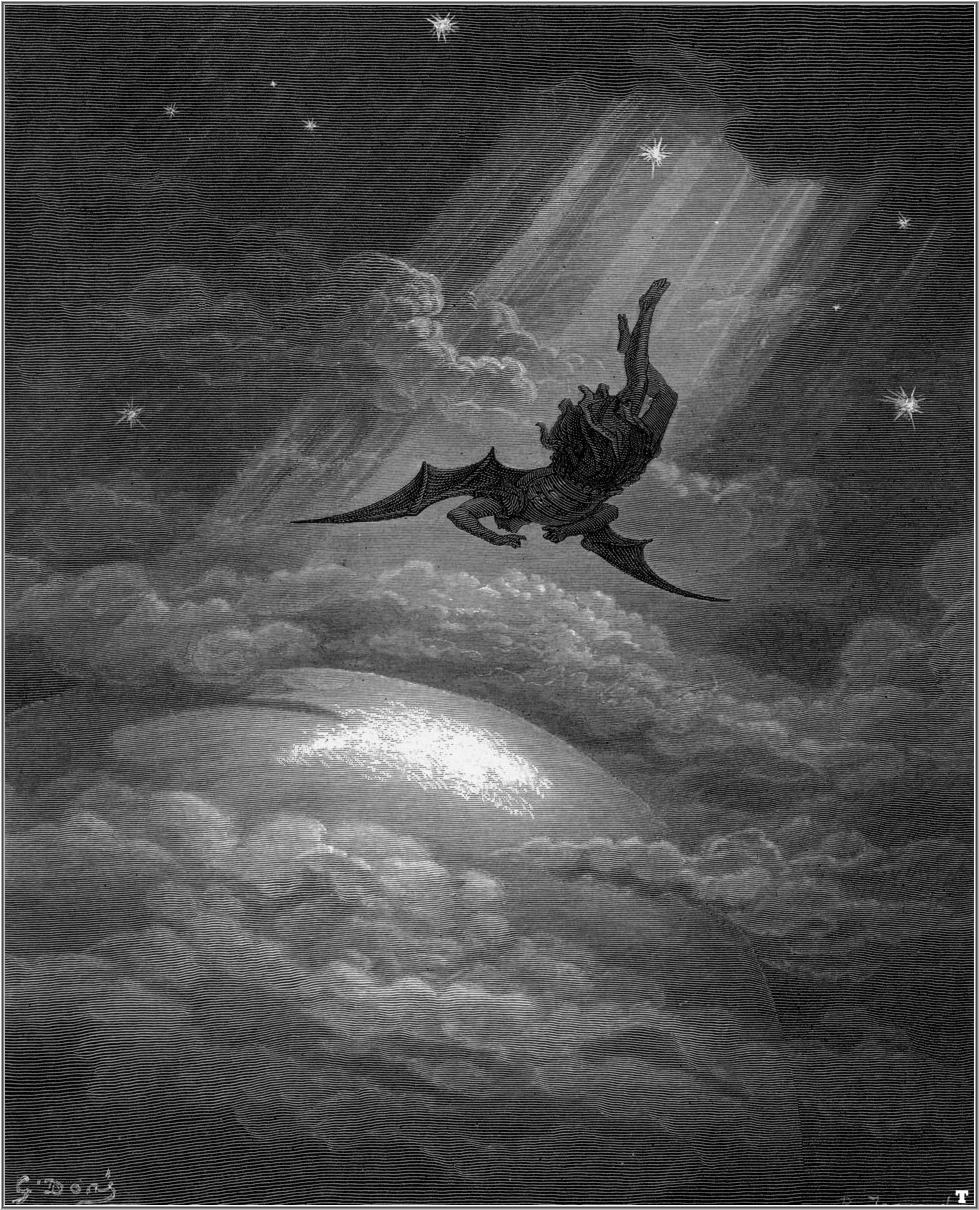 Last night I dreamt that I got lost again. It’s a frequent dream for me: I can’t find my car or my way home. While that type of dream may have metaphorical meaning for some people, I think it is most likely pretty literal for me. When I was a kid, sometimes I had to ask my friends at sleepovers to remind me where their bathroom was because I couldn’t quite remember their house layout and I was scared of opening the wrong door. Before smart phones and GPSs, using public transit was a complete nightmare. In addition to having the tendency of getting lost, I am also pretty good at remaining unseen. It was not that uncommon for me to be the last one sitting on the bus patiently awaiting my destination when the driver would turn around, and, with a start say, “I had no idea there was still a passenger on here!” Sometimes, I had gotten on the right bus, but on the wrong side of the street and so ended up at the other side of the city.
Last night I dreamt that I got lost again. It’s a frequent dream for me: I can’t find my car or my way home. While that type of dream may have metaphorical meaning for some people, I think it is most likely pretty literal for me. When I was a kid, sometimes I had to ask my friends at sleepovers to remind me where their bathroom was because I couldn’t quite remember their house layout and I was scared of opening the wrong door. Before smart phones and GPSs, using public transit was a complete nightmare. In addition to having the tendency of getting lost, I am also pretty good at remaining unseen. It was not that uncommon for me to be the last one sitting on the bus patiently awaiting my destination when the driver would turn around, and, with a start say, “I had no idea there was still a passenger on here!” Sometimes, I had gotten on the right bus, but on the wrong side of the street and so ended up at the other side of the city.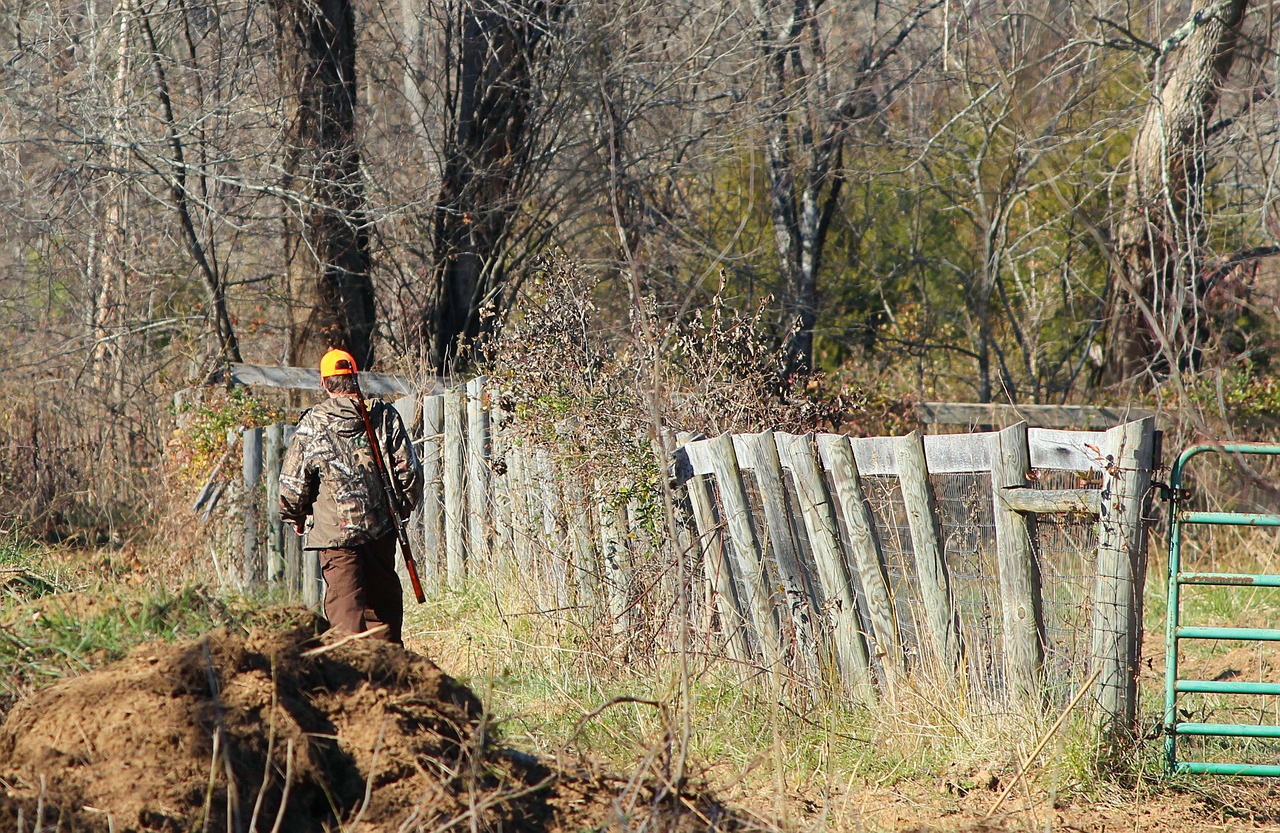 This fall, I plan to take my twelve-year old pheasant hunting for the first time, as my father took me. Last fall, when he was eleven, I took Micah out to shoot in a gravel pit outside of town, after which time I had one question:
This fall, I plan to take my twelve-year old pheasant hunting for the first time, as my father took me. Last fall, when he was eleven, I took Micah out to shoot in a gravel pit outside of town, after which time I had one question:

 Sometimes, when I’m burnt out, I look to Rilke. Not his
Sometimes, when I’m burnt out, I look to Rilke. Not his 
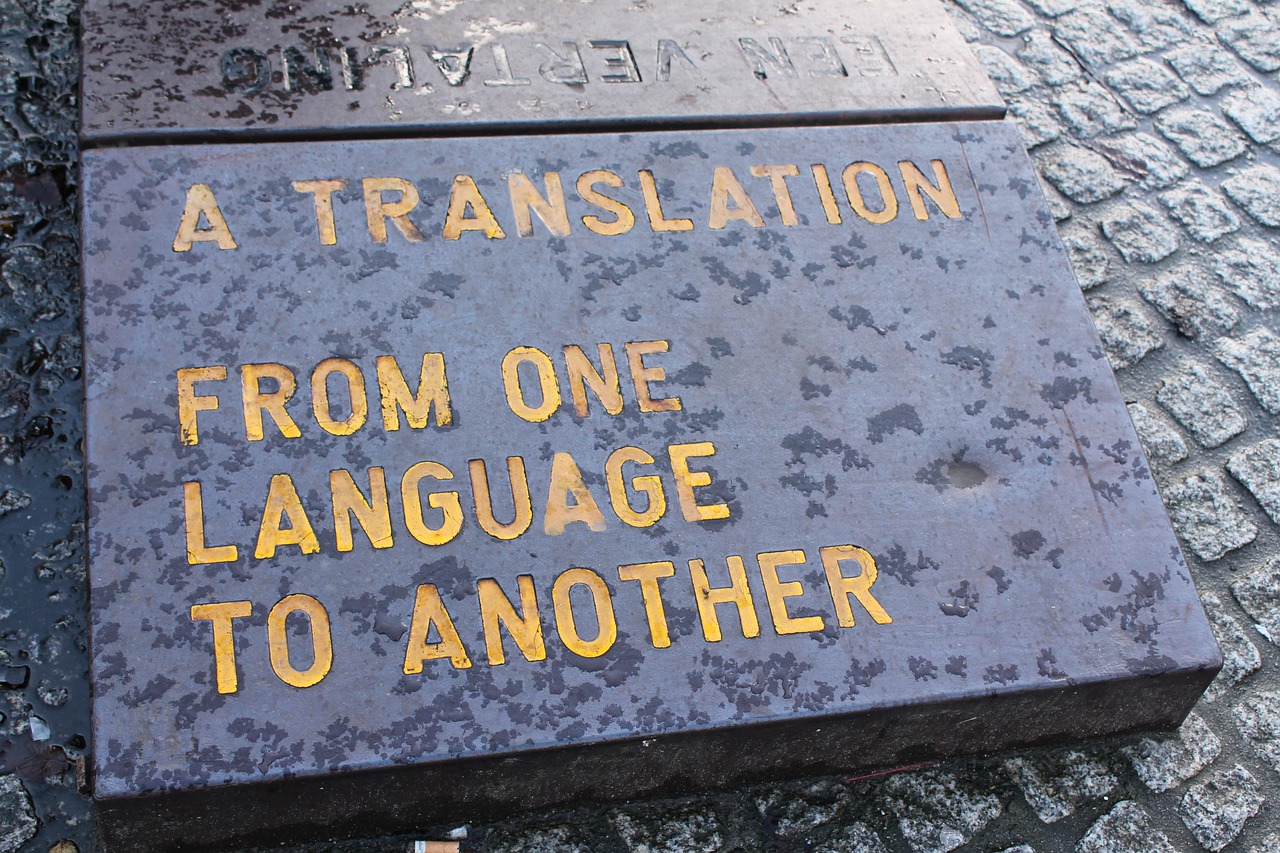 The documents are in folders, carefully taken out and laid upon my desk. Others have been folded and refolded; the creases have become a part of the paper. They are birth and marriage and death certificates, transcripts and diplomas. I scan the documents and send the file to one of my translators. After a few hours or days, the translated words in English are sent back. I look through, edit and check. The documents are filled with words like certify, signature, official, issued, expire; it’s pretty straightforward stuff.
The documents are in folders, carefully taken out and laid upon my desk. Others have been folded and refolded; the creases have become a part of the paper. They are birth and marriage and death certificates, transcripts and diplomas. I scan the documents and send the file to one of my translators. After a few hours or days, the translated words in English are sent back. I look through, edit and check. The documents are filled with words like certify, signature, official, issued, expire; it’s pretty straightforward stuff. 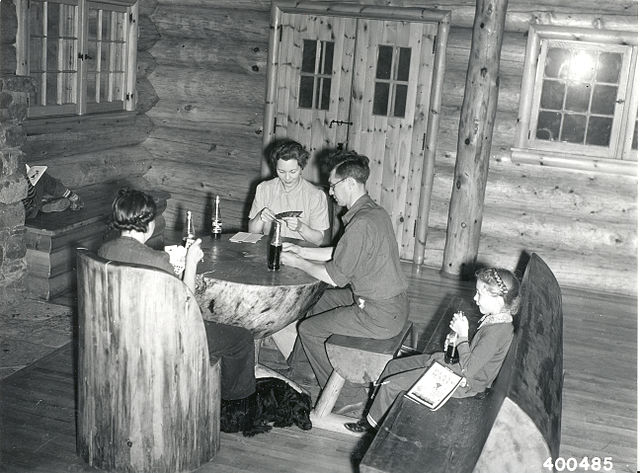 As holidays with my extended family arrive, so does the expectation of playing games. Whether in a pool, in the snow, in a gym, on the floor of a living room, or, especially, at the table. Ah! The evening table game. We’ve played everything from “Awkward Family Photos” to “Risk” to “Tenzi” to “Reverse Charades” to the incredible, mind-bending card game “Killer Bunnies”.
As holidays with my extended family arrive, so does the expectation of playing games. Whether in a pool, in the snow, in a gym, on the floor of a living room, or, especially, at the table. Ah! The evening table game. We’ve played everything from “Awkward Family Photos” to “Risk” to “Tenzi” to “Reverse Charades” to the incredible, mind-bending card game “Killer Bunnies”.
 The grammarian
The grammarian 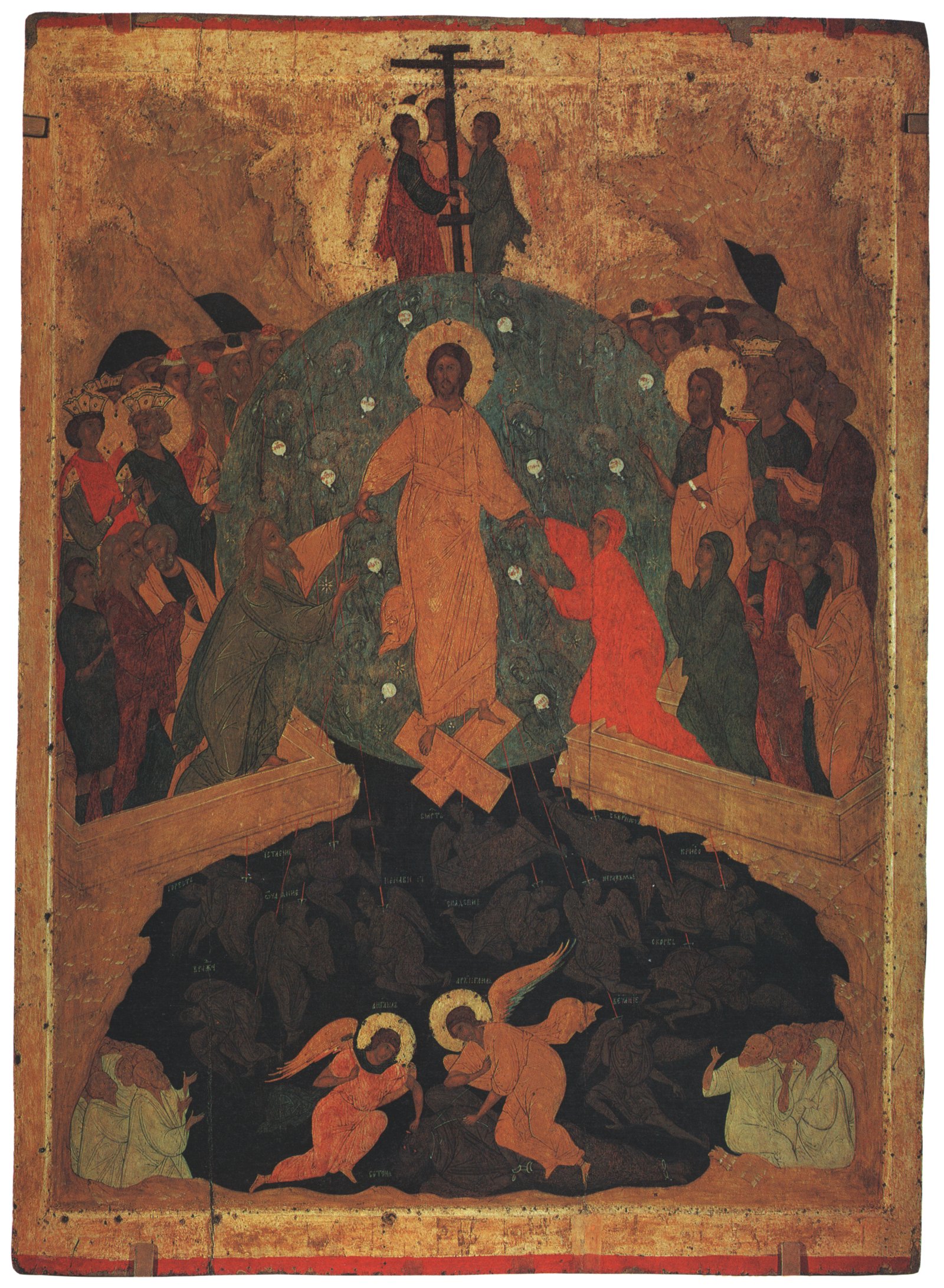
 Once our boys left home Bev and I were thrust into quick adjustments akin to riders just off the tilt-a whirl. Our stable orbits missed the gravity of their presence. The momentum of parenting doesn't go away once you've spun your progeny off and into the world. So we rotated and balanced the tires, refurnished repainted rooms, re-sized the recipes and learned new steps.
Once our boys left home Bev and I were thrust into quick adjustments akin to riders just off the tilt-a whirl. Our stable orbits missed the gravity of their presence. The momentum of parenting doesn't go away once you've spun your progeny off and into the world. So we rotated and balanced the tires, refurnished repainted rooms, re-sized the recipes and learned new steps.
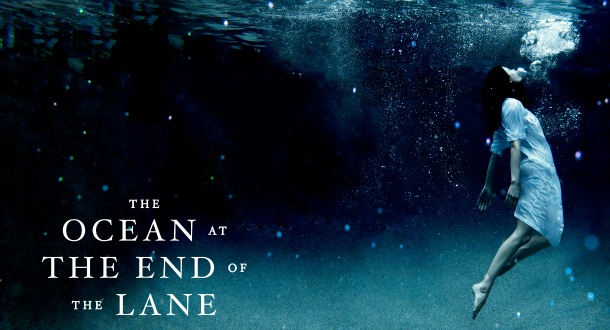 “I held on to Ginnie Hempstock. She smelled like a farm and like a kitchen, like animals and like food. She smelled very real, and the realness was what I needed at that moment.”
–Neil Gaiman,
“I held on to Ginnie Hempstock. She smelled like a farm and like a kitchen, like animals and like food. She smelled very real, and the realness was what I needed at that moment.”
–Neil Gaiman, 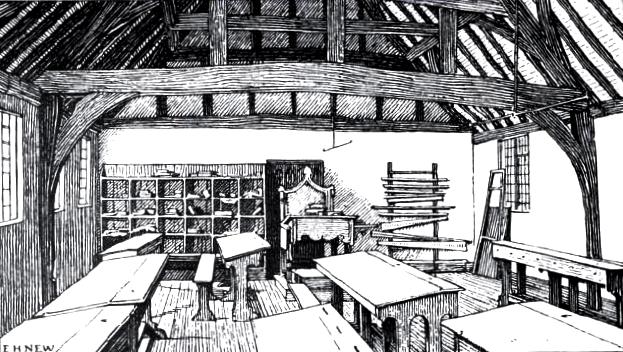 “Mrs. Feyen, do you like professional football teams?” This comes from George, one of my 8th grade students. He’s asking me about football because I’m wearing a Notre Dame t-shirt today. I probably shouldn’t be wearing it; it’s not very professional, but every so often I get dreadfully homesick for the Midwest and this morning as I got dressed I decided to pull Notre Dame over my head and feel a little of South Bend on me as I walked through the day.
“Mrs. Feyen, do you like professional football teams?” This comes from George, one of my 8th grade students. He’s asking me about football because I’m wearing a Notre Dame t-shirt today. I probably shouldn’t be wearing it; it’s not very professional, but every so often I get dreadfully homesick for the Midwest and this morning as I got dressed I decided to pull Notre Dame over my head and feel a little of South Bend on me as I walked through the day. “Fiction’s about what it is to be a fucking human being.”
––David Foster Wallace
“Fiction’s about what it is to be a fucking human being.”
––David Foster Wallace